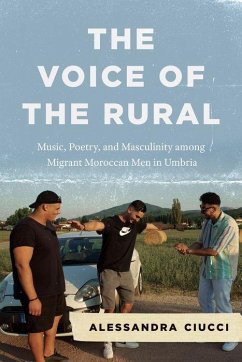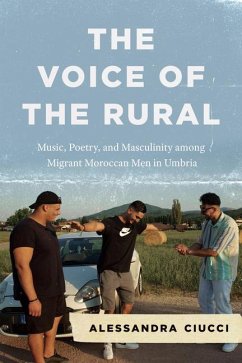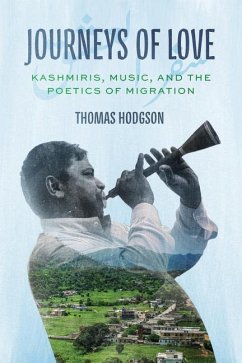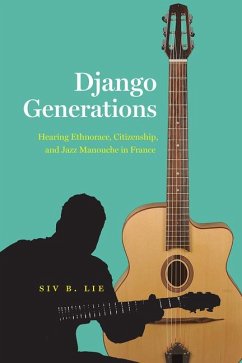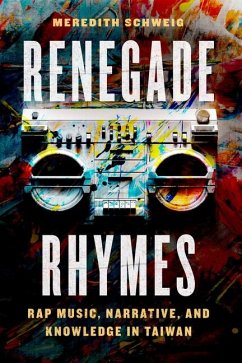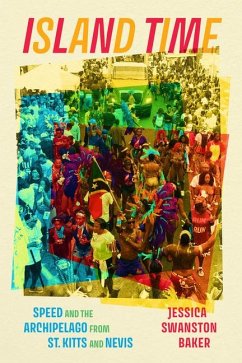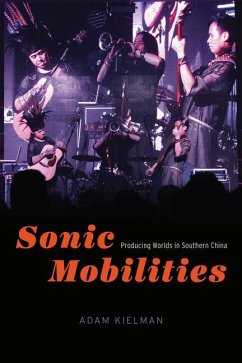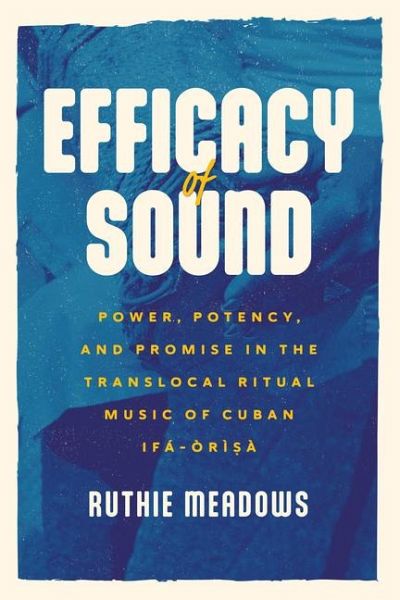
Efficacy of Sound
Power, Potency, and Promise in the Translocal Ritual Music of Cuban Ifá-Òrìsà
Versandkostenfrei!
Versandfertig in über 4 Wochen
35,99 €
inkl. MwSt.

PAYBACK Punkte
18 °P sammeln!
"Hailing from Cuba, Nigeria, and various sites across Latin America and the Caribbean, Ifâa missionary-practitioners are transforming the landscape of Ifâa divination and deity (áoráiðsáa/oricha) worship through transatlantic travel and reconnection. In Cuba, where Ifâa and Santerâia emerged as an interrelated, Yoráubâa-inspired ritual complex, worshippers are driven to "African Traditionalism" by its promise of efficacy: they find Yoráubâa approaches more powerful, potent, and efficacious. In the first book-length study on music and Ifâa, Ruthie Meadows draws on extensive, multi-...
"Hailing from Cuba, Nigeria, and various sites across Latin America and the Caribbean, Ifâa missionary-practitioners are transforming the landscape of Ifâa divination and deity (áoráiðsáa/oricha) worship through transatlantic travel and reconnection. In Cuba, where Ifâa and Santerâia emerged as an interrelated, Yoráubâa-inspired ritual complex, worshippers are driven to "African Traditionalism" by its promise of efficacy: they find Yoráubâa approaches more powerful, potent, and efficacious. In the first book-length study on music and Ifâa, Ruthie Meadows draws on extensive, multi-sited fieldwork in Cuba and Yoráubâaland, Nigeria to examine the contentious "Nigerian-style" ritual movement in Cuban Ifâa divination. Meadows uses feminist and queer of color theory along with critical studies of Africanity to excavate the relation between utility and affect within translocal ritual music circulations. Meadows traces how translocal Ifâa priestesses (áIyâanâifâa), female batâa drummers (bataleras), and priests (babalâawo) harness Yoráubâa-centric approaches to ritual music and sound to heighten efficacy, achieve desired ritual outcomes, and reshape the conditions of their lives. Within a contentious religious landscape marked by the idiosyncrasies of Revolutionary state policy, Nigerian-style Ifâa-áOráiðsáa is leveraged to reshape femininity and masculinity, state religious policy, and transatlantic ritual authority on the island"--





